Welcome to Zhuoliou industry co.,ltd
This dormant chip market has been revitalized by large models
3/9/2023 11:18:06 AM
Mobile phones and personal computers (PCs) are two typical representatives. Especially in the PC industry, after being crowned with the glamorous title of "AI PC", there is a strong momentum to rewrite industry rules. The first to embrace this wave were a few top PC chip players.
In the just concluded CES 2024, AI PCs also have the ability to ward off the cold, and their popularity has skyrocketed. AMD has launched its first desktop PC processor to introduce an NPU, while Nvidia has launched three gaming graphics cards and claims to have the largest generative AI platform.
Seeing the gunpowder smell of AI PC chips burning increasingly strong, but calm down, can the increasingly popular concept of "AI PC" really bring replacement power to the long dormant PC market? Is it the prelude to the PC industry's long drought and the emergence of new shoots from old trees, or is it a marketing strategy of changing the soup without changing the medicine?
How can PC chip giants catch up with the surging demand for end-to-end generative AI computing?
The market for PC chips is not achieved alone, and its success is closely related to the development of the software ecosystem.
For so many years, Intel, which has dominated the PC processor market, emerged from the competition for commercial processors with different architectures through its WinTel alliance with Microsoft's Windows operating system, laying the foundation for Intel x86 processors to dominate the PC and server chip markets.
Chips and operating systems are the soil. All kinds of Internet applications growing on the operating system have promoted PC to enter thousands of households and become the standard configuration for office and home scenes.
The rise of smart phones and mobile Internet is also inseparable from these "three major items". The more prosperous the software ecosystem is, the better downstream applications are used, and the more end users will be "stuck". Building ecological barriers has had a decisive impact on the rise of trillion dollar club members such as Microsoft, Apple, and Nvidia.
Therefore, AI PCs are not enough to revolutionize traditional PCs, and relying solely on the hard work of chip companies is definitely not enough. We must come up with truly "killer" features that can persuade users to pay.
Nvidia is well versed in this and has long shouldered the responsibility of being a preacher, sharing tools and case studies over the past year, demonstrating to customers, partners, and end consumers how easy and useful generative AI can be to develop.
This dormant chip market has been revitalized by big models ▲ NVIDIA launched ACE microservices during CES and demonstrated how to make AI NPCs
Microsoft and a group of PC giants also take on the responsibility of "sampling" AI PC applications.
Taking advantage of OpenAI, Microsoft has continuously renovated search engines, office software, and operating systems with generative AI, depicting a beautiful vision for workers around the world to command AI to work for you.
PC giants have also told a new story about AI PCs, allowing office laptops to run tasks such as text generation, summary extraction, image generation, code generation, intelligent cropping, action capture, video framing, video conferencing stunts, etc. even after being disconnected from the internet. On the one hand, this has attracted more consumers, and on the other hand, it has helped Microsoft's AI developer ecosystem to expand and expand.
The story has some novelty, but to make consumers willing to open their wallets, they also need to have the true ability to support the story, which has come to the home ground of chip giants. After all, the software ecosystem, from birth to prosperity, cannot do without the support of underlying chips.
2\ How did the collaboration between PC and AI suddenly become popular?
When the prelude to the story of generative AI on the PC track is written, PC chip giants have been busy since the fall of 2023.From the perspective of the war situation, graphics card giant Nvidia, as the "veteran of AI computing," is at the forefront of cultivating the AI ecosystem; Intel, the leader of PC processors, holds the ecological accumulation of the past few decades, and the brand's appeal is unparalleled; Chip giants such as AMD and Qualcomm are also actively forming "friend circles" and trying their best to attract PC customers.
But Intel is no longer the exclusive favorite of PC enthusiasts. These PC giants are becoming evenly involved, producing new products based on Intel chips in large quantities and increasingly supplying AMD and Qualcomm's PC chip platforms.
In the PC processor industry, the revenue of Intel's client computing division has been declining year-on-year for nine consecutive quarters.
Blog Category
NewsLatest Products
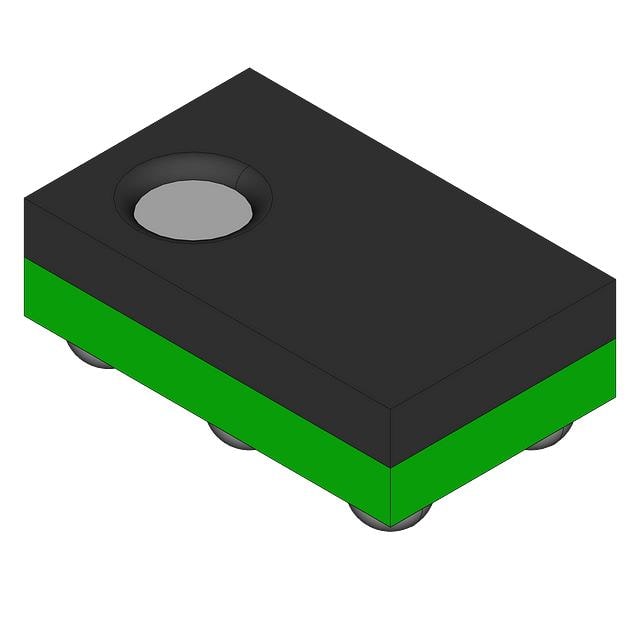
-
IP5002CX8/P135
NXP USA Inc.

-
ADAU7002ACBZ-RL
Analog Devices Inc.
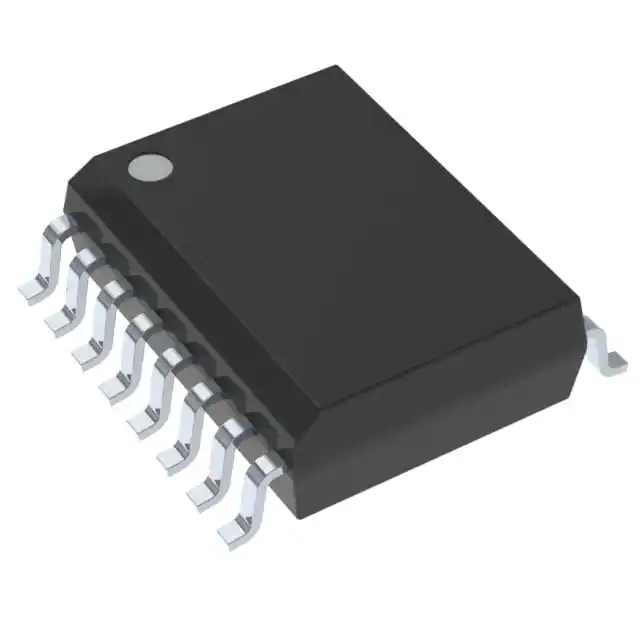
-
PGA2320IDW
Texas Instruments
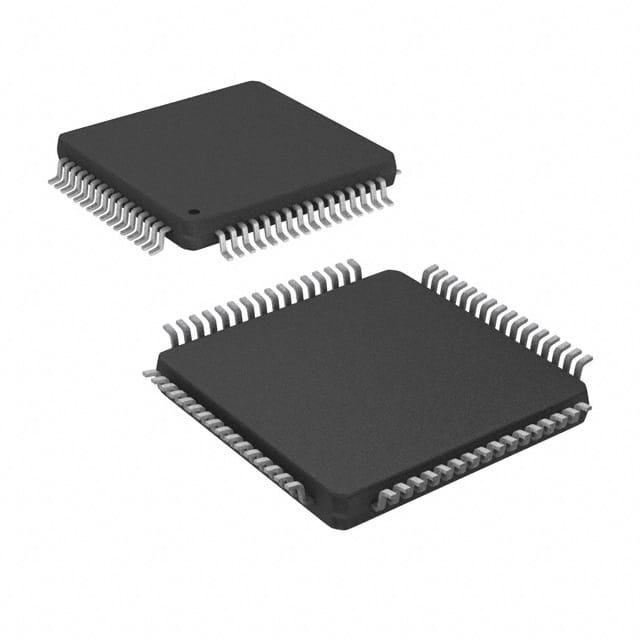
-
SRC4184IPAG
Texas Instruments
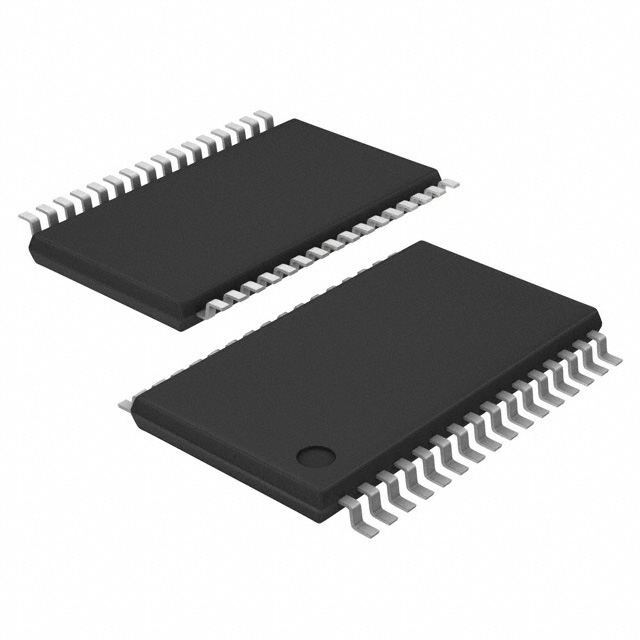
-
MUSES72320V-TE2
Nisshinbo Micro Devices Inc.
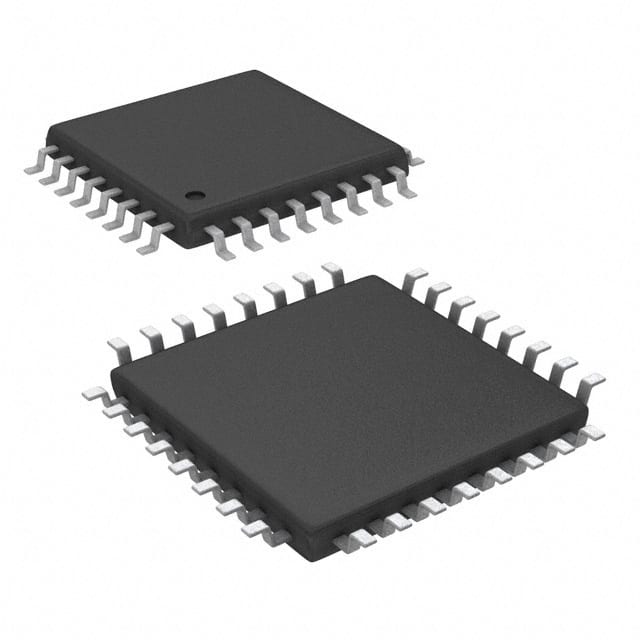
-
PCM2706CPJT
Texas Instruments
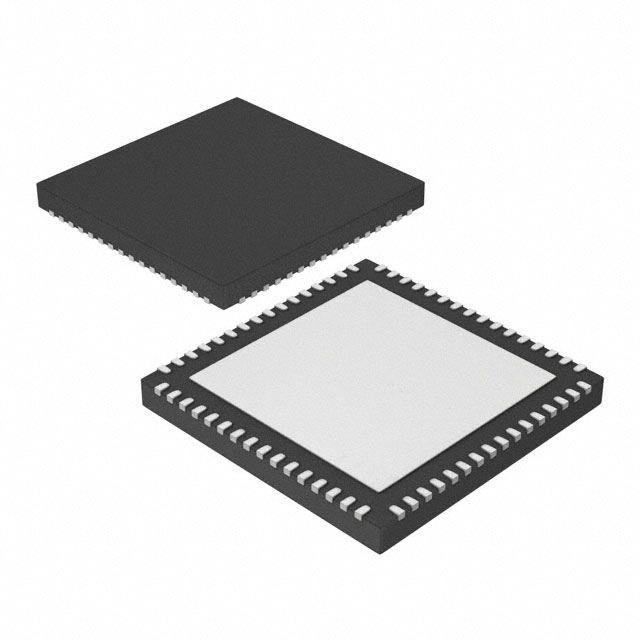
-
ZL38040LDG1
Microchip Technology

-
PGA2310UA/1K
Texas Instruments

- Help you to save your cost and time.

- Reliable package for your goods.

- Fast Reliable Delivery to save time.

- Quality premium after-sale service.







